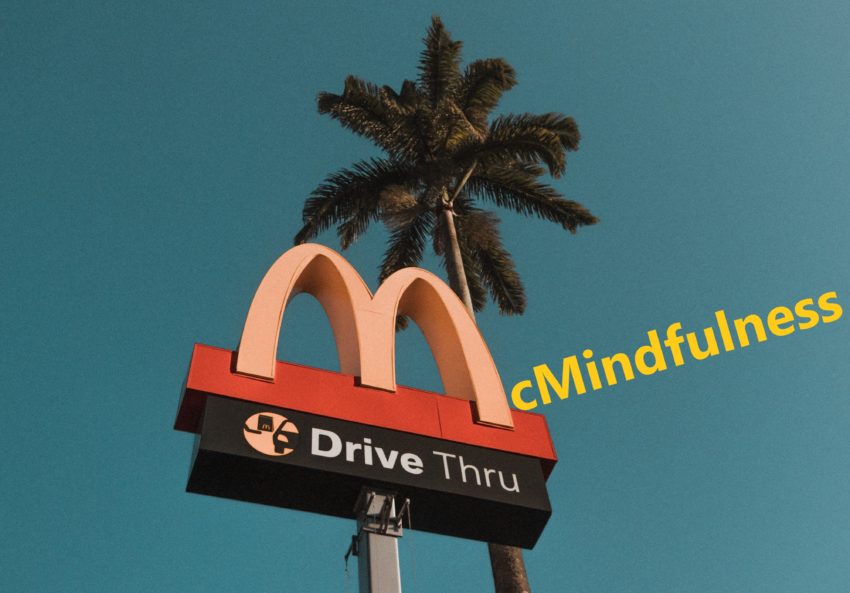While waiting in the checkout line at my local grocery store the other day, I glanced over the headlines on the magazine covers and every single one had some mention of the word “mindful.” Mindful parenting, mindful gardening, mindful exercise, mindful naked beer tasting… Okay, maybe not that last one, but you get the idea. “Mindfulness” is everywhere! Over the last decade mindfulness has exploded onto the scene, rivaling the growth of chains such as McDonalds or Starbucks, which seem to be on every corner. My overall reaction to the growth of applications of mindfulness in multiple settings—including the corporate world, psychotherapy, mental health, and physical health—is one of cautious optimism.
A growing body of evidence points to the numerous positive health and productivity outcomes resulting from mindful practices, this is fantastic. However, I am cautious in response to such a strong focus on outcomes and symptom reduction. I realize this is necessitated by our Western academic systems (and here I am happily jumping in the mix!) and there is value in cataloguing these outcomes. It just seems that somewhere along the way, the bigger and faster this phenomenon becomes, one of the main premises of mindfulness, the process is lost. Mindfulness is a practice. Not a means to an end, not just one more tool to pull on when all else fails—it is, at its core, a way of being. A lifestyle.
I do not want to be a cynic. I think there is great value in the growth of mindfulness practices. My concern is in the watering down of a powerful practice and the potential for it to be one more thing we add to our list of “shoulds,” skim the surface of, and miss fully understanding or committing to, thereby missing an incredible opportunity for a societal shift (and a therapeutic shift, and a personal shift, etc.).
So next time you’re mindfully naked tasting beer, my question for you is this: how do you view the role of mindfulness in your life?

